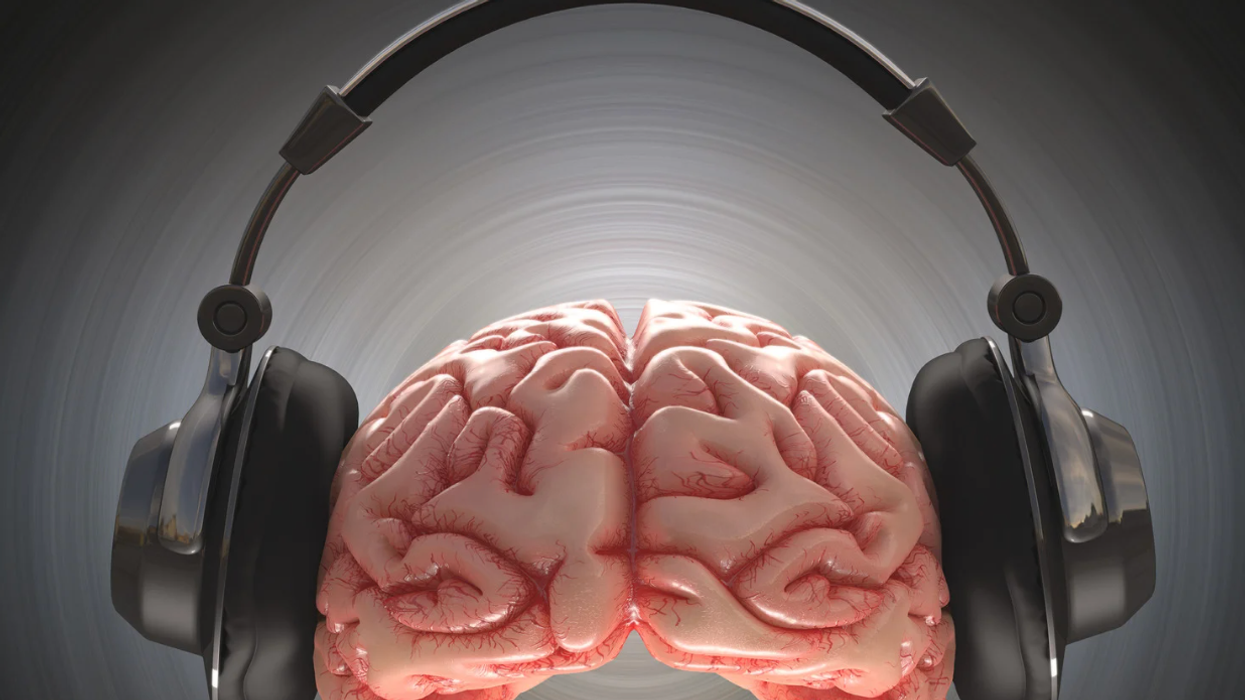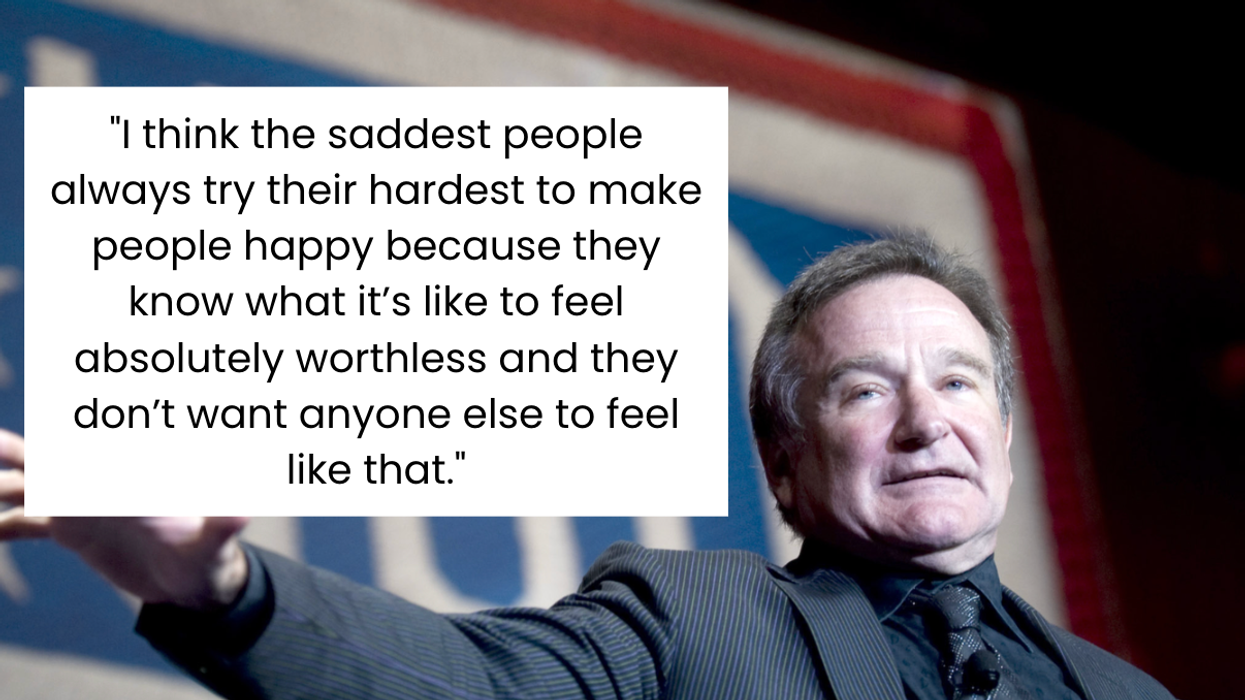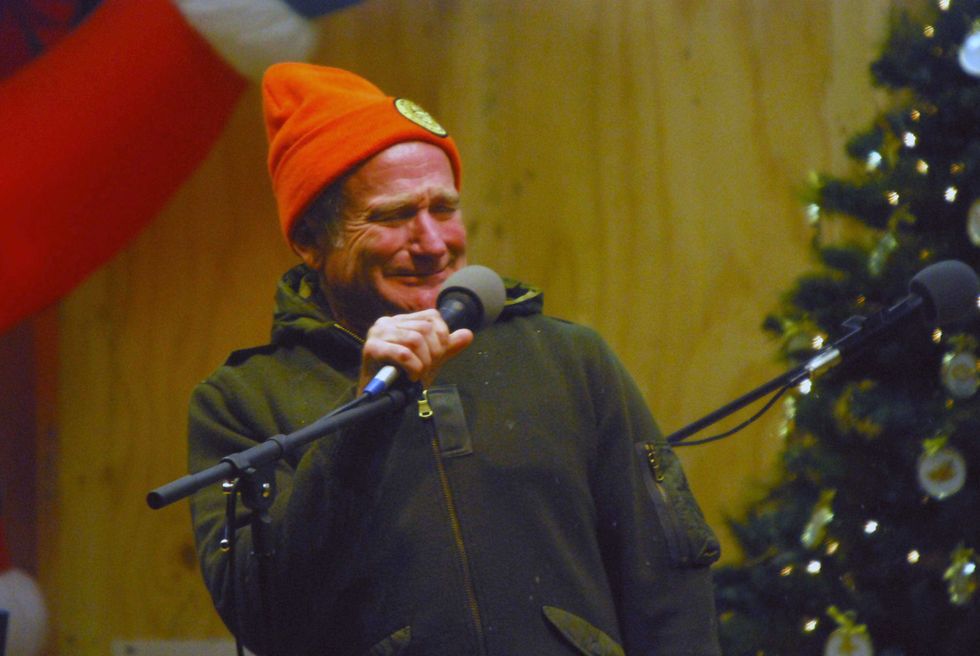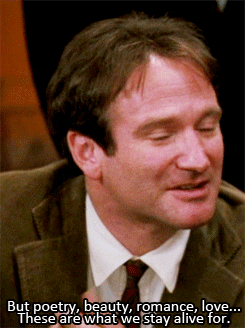A funny thing happened to us humans when we established ourselves at the top of the evolutionary ladder: We developed a severe case of species anxiety.
“What,” we started to wonder, “makes us so special that we should come to occupy the position of apex animal? Is it our evolved brains? Our opposable thumbs? Why are we here?” These are the sort of existential questions with which other species are mercifully unburdened. We, however, are not so lucky. As this planet’s reigning life form, we’ve created culture, philosophy, and technological wonders, all while wondering whether ours was a unique case of evolutionary dominance, or if we are simply placeholders until another species comes of age.
Enter: The Ape
As our nearest cladistic cousin, apes occupy a unique place in the human psyche: They are familiar enough that we can easily establish a sense of biological kinship, while simultaneously foreign enough to hint at some arcane truth to which we, in our evolutionary rush to the top, are no longer privy. It is a dynamic that is equal parts fascinating and frustrating, propelling us to examine not only our own species, but our nearest proximal ones, and the thin Darwinian membrane which separates us. We obsess over that narrow line, especially when it becomes porous or undefined, indignant at the thought of descending from a common simian forefather, laughing when apes act “just like us,” and recently, perplexed by the ethical dilemmas of situating non-humans in our evolving notions of ethics and rights.
Exploring that liminal space between humans and our evolutionary next-of-kin is a way to contextualize, and even alleviate, some of our uniquely species-related anxiety. And of all the ways we do so, perhaps none is as uniquely human as the trope of the “smart ape;” creatures which, across books, films, and folklore, look like them, but act like us. Stories about talking chimps, philosophical gorillas, and literary-minded orangutans do more than just present us with amusing characters. Whether intentionally or not, they help us consider what it means to truly be human in the face of these fictional imposters. By forcing an evolutionary leap onto our nearest biological relatives, merrily blurring the lines that ostensibly separate “us” from “them,” we can, perhaps, clarify what makes us “us” in the first place.
What follows is an overview—by no means comprehensive—of some of the most important brainy apes our species has managed to invent. Some apes on the list will be immediately recognizable, others, perhaps a bit more obscure. Each ape, however, has something unique to contribute to our own species’ ongoing interrogation of the features we jealously guard as uniquely our own.
So put those evolved frontal lobes to good use, take those opposable thumbs, and click through to see some of the smartest apes our all-too-human minds have created.
















 Robin Williams performs for military men and women as part of a United Service Organization (USO) show on board Camp Phoenix in December 2007
Robin Williams performs for military men and women as part of a United Service Organization (USO) show on board Camp Phoenix in December 2007 Gif of Robin Williams via
Gif of Robin Williams via 
 People on a beautiful hike.Photo credit:
People on a beautiful hike.Photo credit:  A healthy senior couple.Photo credit:
A healthy senior couple.Photo credit:  A diverse group of friends together.Photo credit:
A diverse group of friends together.Photo credit:  A doctor connects with a young boy.
A doctor connects with a young boy.  Self talk in front of the mirror.Photo credit:
Self talk in front of the mirror.Photo credit:  Lightbulb of ideas.Photo credit
Lightbulb of ideas.Photo credit 

 Superstructure of the Kola Superdeep Borehole, 2007
Superstructure of the Kola Superdeep Borehole, 2007 

